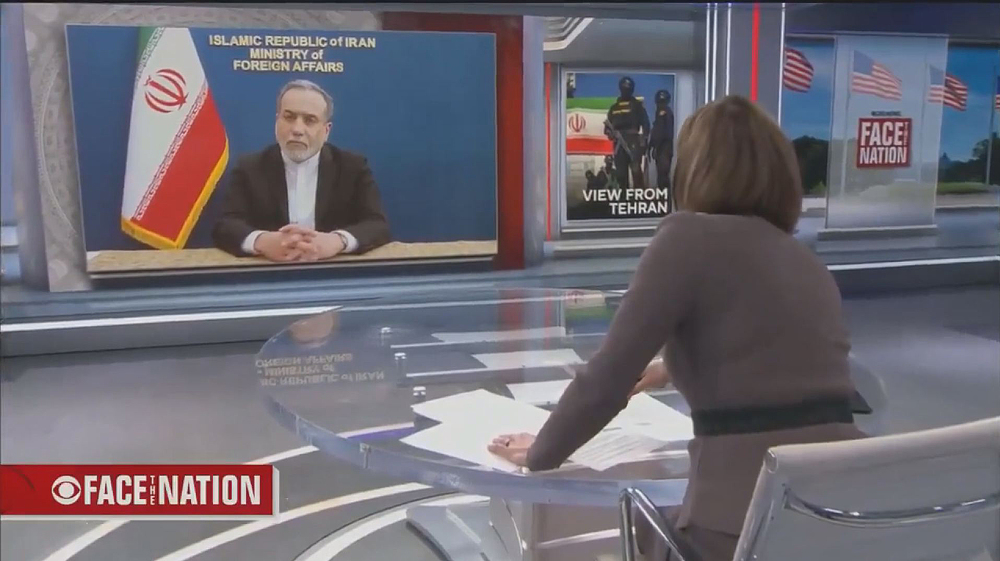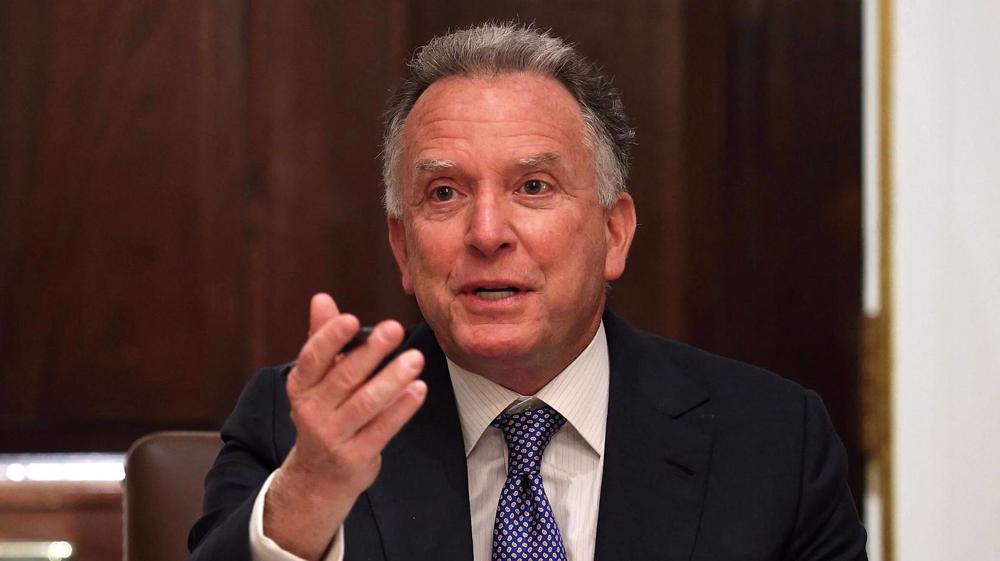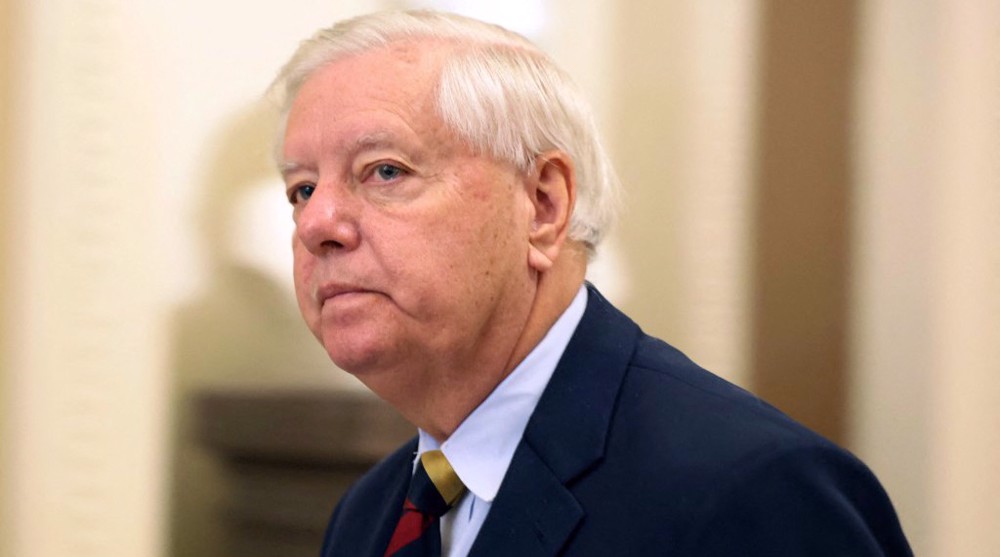European states set up direct payment channel with Iran: German media
The European parties to the 2015 nuclear deal have finalized a much-awaited transactions channel with Iran aimed at protecting trade ties with Tehran against American sanctions, German media say.
German public broadcaster NDR reported on Thursday that Germany, France and Britain had registered the mechanism, which will be named the Instrument in Support of Trade Exchanges (INSTEX).
The payment channel, the report said, would be based in the French capital, Paris, and managed by a German banking expert.
INSTEX is initially intended to be used for selling food, medicine and medical devices to Iran, but it could also be expanded in the future.
“It (the payment channel) won’t change things dramatically, but it’s an important political message to Iran to show that we are determined to save the JCPOA and also the United States to show we defend our interests despite their extraterritorial sanctions,” a European diplomat was quoted as saying by Reuters.
The diplomat was using an acronym for the Joint Comprehensive Plan of Action, the official name of the nuclear accord.
The three countries are set to issue a joint communiqué launching the project, which will later be endorsed by all 28 European Union member states.
The announcement may come on the sidelines of a meeting of EU foreign ministers in the Romanian capital, Bucharest, later on Thursday.
In a move criticized by much of the international community, US President Donald Trump withdrew America from the JCPOA last year and re-imposed the anti-Iran economic sanctions, which it had lifted as part of the agreement.
The remaining signatories -- China, France, Germany, Russia and the UK – vowed, however, to defend the JCPOA and keep Iran in the deal by providing it with the sanctions relief it has been promised.
After leaving the deal, the White House warned its European allies in the Iran deal against seeking to circumvent US sanctions against Tehran. It threatened sanctions against the European firms that fail to respect the bans.
The EU maintains that Iran should be allowed to trade because it remained fully committed to its side of the bargain despite Washington’s withdrawal – as repeatedly confirmed by the International Atomic Energy Agency (IAEA), which oversees the JCPOA’s implementation.
The Special Purpose Vehicle (SPV) has been designed by the Europeans to shield the firms doing business with Iran and protect, at the same time, their sovereignty in the face of US unilateralism.
Over the past months, Iran has repeatedly criticized Europe for a delay in the launch of the payment system.
Iran said earlier this week that it is waiting to see how the EU will make up for its delays to establish the mechanism.
VIDEO | Press TV's news headlines
Iran sees 40% surge in scientific Olympiad participation
Putin: Developing Russia's nuclear forces 'absolute priority'
Hamas condemns Netanyahu’s proposal for new regional alliance
Huckabee mocks Arab League's condemnation of his biblical territorial remarks
VIDEO | Trump tariff setback
VIDEO | Press TV's news headlines
VIDEO | Iran will not 'capitulate' since it has military surprises for US

















 This makes it easy to access the Press TV website
This makes it easy to access the Press TV website